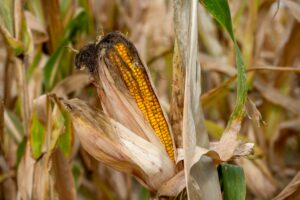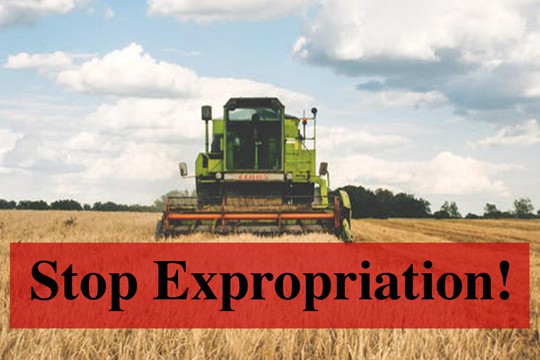

Expropriation without compensation (EWC) will not accelerate land reform, land ownership or transformation. EWC simply means more land in the hands of the state. According to Free State Agriculture (FSA), nothing prevents the state from expropriating land from black land owners, in favour of political connected individuals. This is a reality in South Africa as in the case of Ivan Cloete in the Western Cape and lessons can be learned from Zimbabwe. It is thus clearly political opportunism which claims that Expropriation will speed up land reform.
At the recent Maluti PALS initiative launch Minister Didiza stated that value chain partnership models built on mutual trust are preferred. The process of expropriation is a destructive process. EWC will break down good relations between South Africans that were built on trust and good-will. Good relations throughout the value chain, including agribusiness, farmworkers, new farmers and the entire rural communities, should rather be cherished.
“Successful partnerships and transfer of knowledge and skills, with expropriation, are made very difficult often leaving land out of production for a season or more. The consequence is that the period for the beneficiaries to establish themselves successfully without being dependant on the state will be prolonged”, said Francois Wilken, president of Free State Agriculture.
FSA feels strongly that by no means will expropriation speed up land reform. As expropriation is usually a last resort after thorough negotiation has taken place, the idea of expropriation to speed up land reform is preposterous.” says Wilken.
“What government should be focussing on for example are replicating the highly successful working models in the Free State. The current unproductive system of placing caretakers on the 5 300 state farms is purely a system of keeping beneficiaries dependant on the state. This may be considered as land transformation, but it is by no means economic transformation as beneficiaries trapped on state land stay economically poor as they don’t have secure title to access capital to develop that land further.”










Ⓒ 2024 Vrystaat Landbou All rights reserved | Website by BrandNew